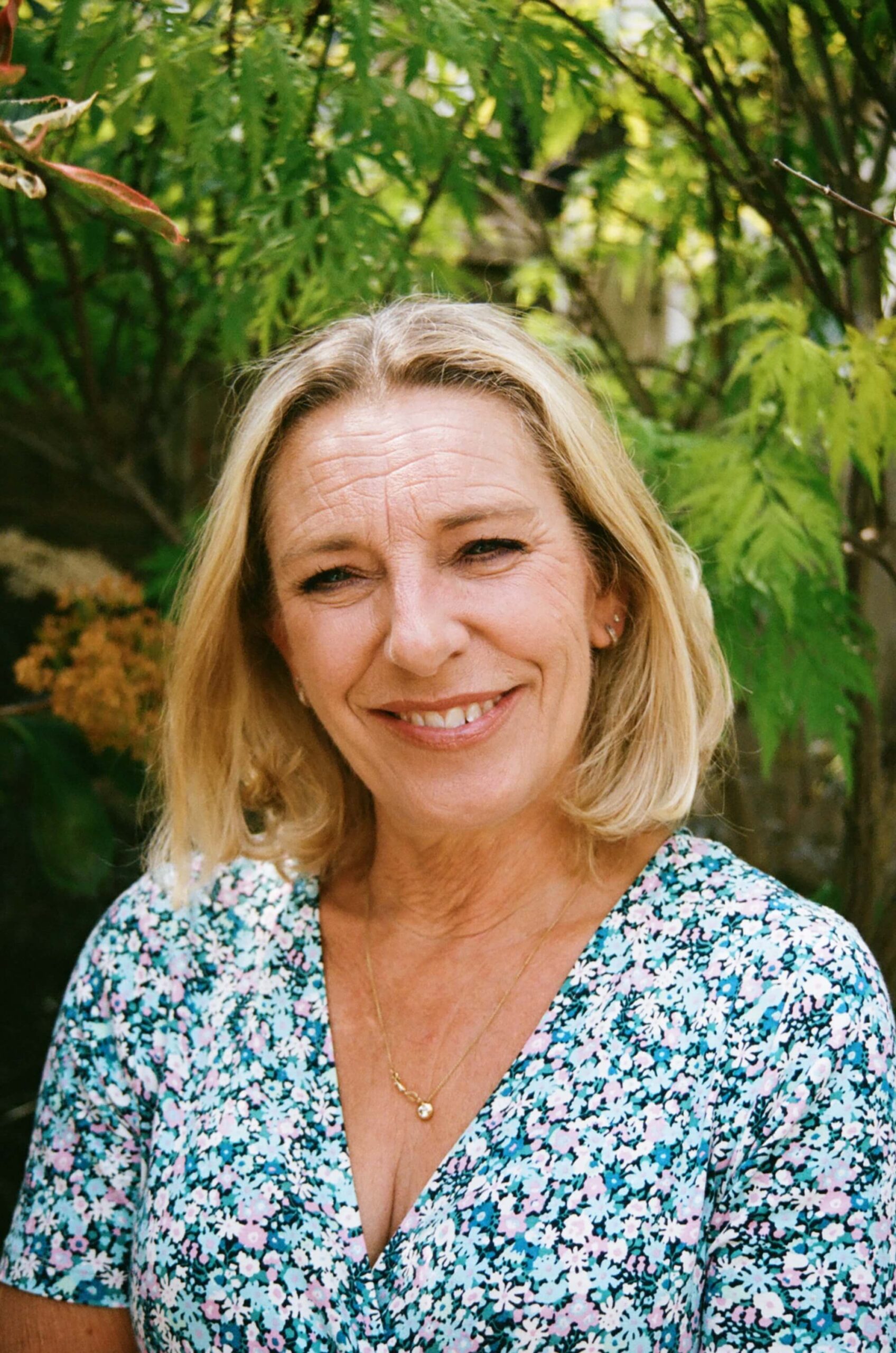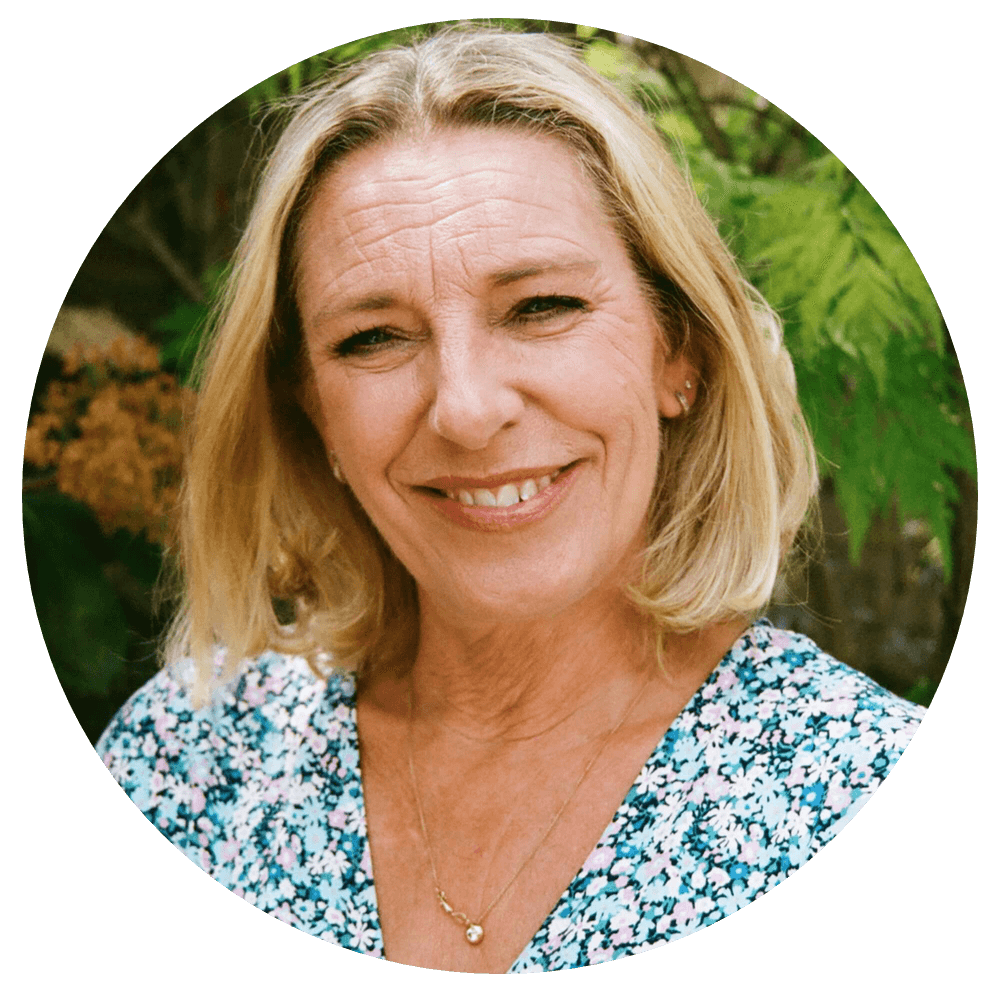Asset Advantage has been working with introducers for over 12 years funding a wide variety of SME deals. Head of Credit and Risk, Philip Knight discusses how their broker panel has changed over time.
Fun fact: apparently Charles Darwin didn’t coin the phrase ‘survival of the fittest’ . It was actually first used by the philosopher Herbert Spencer and then referenced in Darwin’s fifth edition of Origin of the Species.
I definitely think that there’s an evolutionary flavour to how our broker panel has changed and the links to the natural world are curiously similar.
Survival of the fittest was certainly relevant to the first part of that decade. The ‘Great Recession’ of 2008-13 was certainly tough for both funders and brokers alike. Many lenders culled their broker panels in an attempt to manage bad debt. We relied at the time on a very small group of brokers. These were virtually all small operations usually sole traders or partnerships. We deliberately avoided working with larger brokers on the basis that our lending was relatively expensive and so only really suited ‘story’ deals rather than volume supplier led finance. Having only just started in the industry we were simultaneously challenged by the state of the economy and desperate to take advantage of the disruption caused by the departure of a number of lenders. In a very short space of time the whole market was turned on its head as credit became harder to get as lenders scratched their heads trying to work out how to pick the good deals from the bad. We, and many other funders, became more demanding in the depth and quantity of information we required on deals. Some introducers, and their customers, clearly found this a step too difficult and so inevitably we saw some brokers simply shut up shop.
As the decade progressed we grew as a business and the economy improved. Our niche credit offering meant that there was a cap to the amount of deals any one broker could give us. Our uniqueness was therefore both a blessing and a curse. Good in that we were, and arguably still are, the only home for certain types of deals, but a challenge to meaningfully grow our book. The solution was to increase the size of our panel. This meant moving beyond our comfort zone of brokers that we personally knew and getting out on the road and finding new introducers that had never heard of us. Moreover we started to move beyond small broker operators and work with larger brokerages with formal sales teams. Contemporaneously we started to see some members of our panel actually using our credit appetite as a marketing tool and more closely aligning their business with ours.
Unsurprisingly perhaps this was challenging to do. The larger sales led brokers necessarily had less experienced staff and more formal processes that didn’t fit with our bespoke approach. We therefore had to evolve our processes to acknowledge the needs of a different style of broking – faster turnaround times, vendor led introductions etc – whilst at the same time maintaining the personal touch needed to support our long standing relationships.
Many of the large broker businesses that we work with are substantial entities in their own right. Some running their own loan books and many employing more staff than we do! That former element is one area where we have taken a Darwinian approach to the book and taken the view that some introducers have evolved beyond our appetite. In 2017 we took the decision to break ties with brokers that support sizeable own books. There were three principle legs to this decision. Firstly a natural concern that they would cream off the best deals, secondly that we were essentially supporting a competitor and thirdly that it was enabling them to compete with those brokers that weren’t running their own books.
The past few years have seen a number of new quasi broking strategies appear, some of which we participate with and some we have avoided. The former group include platforms dealing with bank rejected customers. Whilst there is an element of holding our credit nose as we deal with a web sourced introductions (albeit ones with a strong provenance) we’ve built strong relationships with a few core platforms that we feel comfortable with. We’re not quite at the point of taking deals off the internet, but there’s a whiff of evolutionary change in the air.
Some changes to the market haven’t evolved or had as much an effect on our panel as I would expect. For example despite the growth of data the core face to face work of most of our brokers appears to remain key to them finding business, working with us to get the credit approved and closing the deals. Meeting and speaking with customers remains as important as it ever was. In actual fact I’m unconvinced that there’s much more useful data available to us now than there was ten years ago. Whilst there was a lot of noise around FCA regulatory requirements I don’t think there has been as much impact on our broker panel, or us, as I had perhaps expected. In truth this probably reflects the fact that the industry has always been pretty clean and clear about how it does business. I am both surprised and not surprised that no one broker has managed to really dominate the introductory market. I think this reflects the fact that training is difficult to do and experience hard to get and keep within the business.
As to the future evolution I think that greater regulation maybe on the cards, and that could affect introducers and funders alike especially if it gives SMEs rights more akin to consumers. I think that crowd funders have shown how the internet can be used to effectively market direct to end users. That’s both a threat and an opportunity to our broker panel.
The most interesting aspect of this review is how quickly the broker market is able to respond and change to meet market conditions. It is quite remarkable how robust the sector has been whether it be weathering the storm of 2008 or feeding the deal hungry lenders of today. Extinction seems a wholly unlikely event for this particular species.
Further News & Insights
Asset Advantage Launches New Broker Survey To Explore SME Funding Needs

Asset Advantage Strengthens Broker Proposition With Newly Created Internal Sales Role
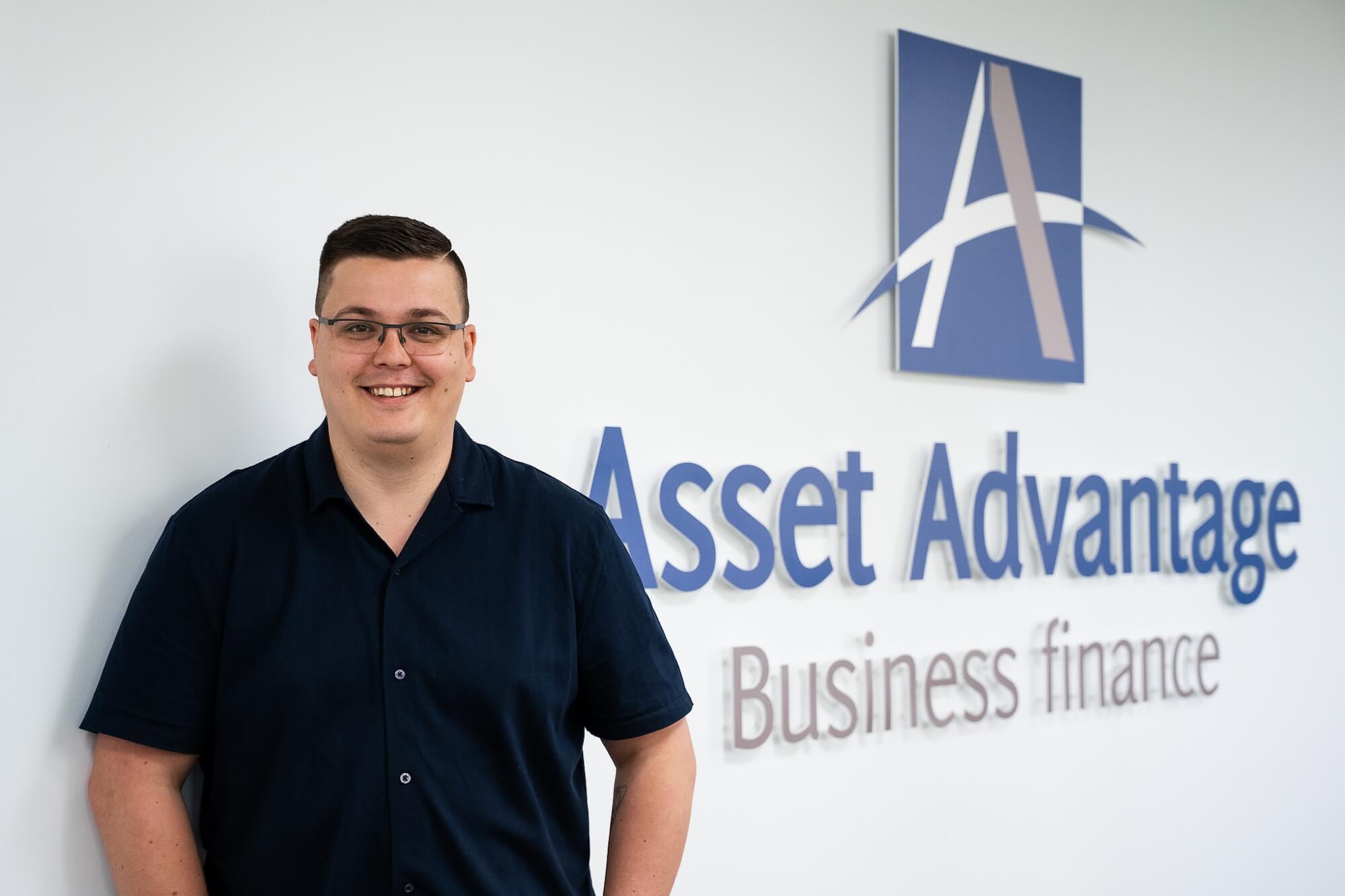
Asset Advantage Welcomes Jonty Cooke As Broker Manager To Grow And Strengthen Broker Relationships
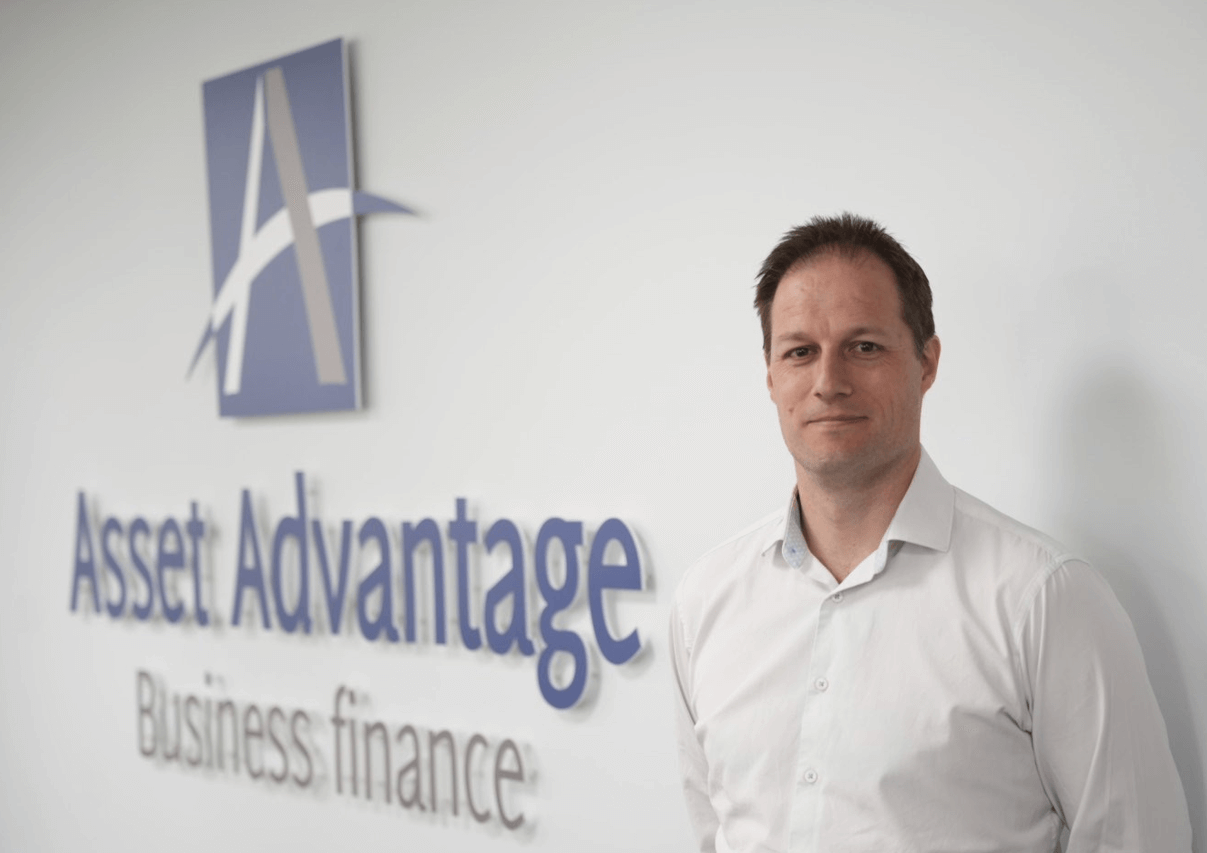
Asset Advantage Welcomes Gary Thompson As New Sales Director To Strengthen Broker Relationships And Drive Growth

Asset Advantage Hosting Meet The Funder Day On 5 March

Commercial Brokers Call For ‘Outside The Box’ Approach From Funders, New Survey Reveals

Challenges Funding Business Acquisition Holding Back Commercial Brokers, New Survey Reveals

Consistent Credit Policy

Most Commercial Brokers See Little To No Change In Willingness Of Lenders To Fund Soft Assets
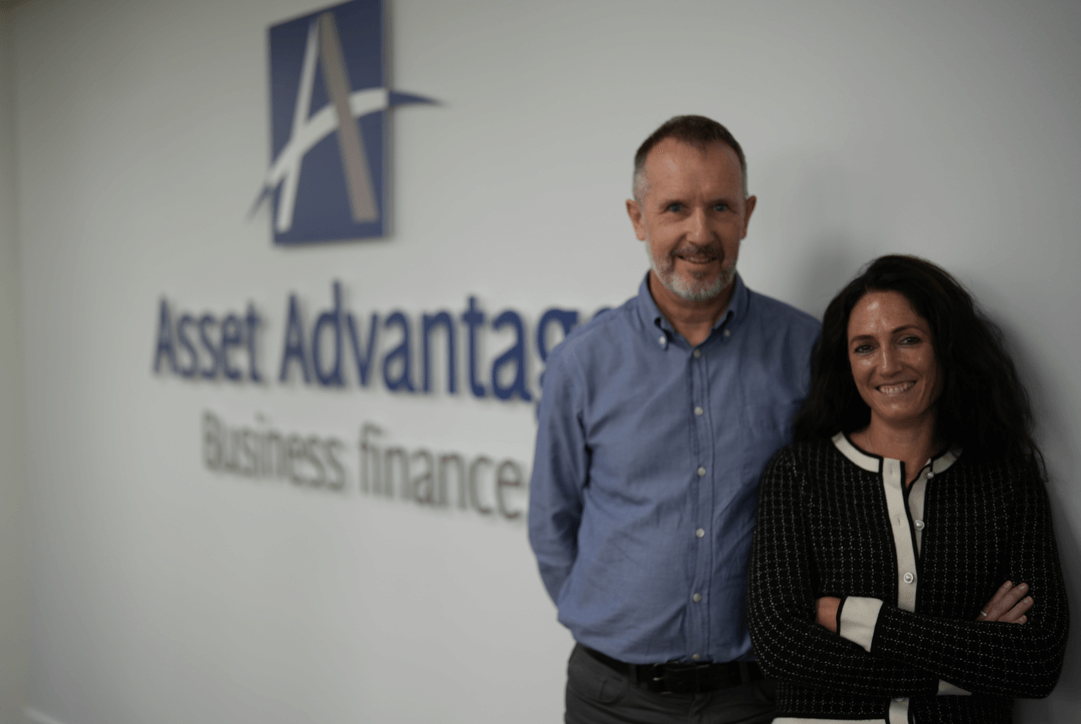
Commercial Finance Brokers Seeing Increasing Demand For Complex Loan Solutions

Brokers Report Growing Shift Towards Business Loans Among Commercial Finance Clients

Asset Advantage Hosting Meet The Funder Day On 26 September

Asset Advantage Launches New Survey To Uncover Business Finance Landscape

Asset Advantage Launches New Content Hub To Celebrate 10 Years Of Business Loans

Asset Finance Underwriting Veterans Launch New Podcast

‘Security Focus’ Webinar Designed to Support Brokers’ Conversations with Customers

Asset Advantage Launch Webinar Series To Support Brokers

Trends Outlook For 2024

Asset Advantage Continue Christmas Tradition At St Michael’s Hospice (North Hampshire)

Brokers To Gain Underwriting Insight From Asset Advantage’s Credit & Risk Director

Asset Advantage To Attend The Finance Professional Show

Asset Advantage Celebrate As Nick White Wins Ginetta GT Academy Title

Asset Advantage’s Underwriting Team Shortlisted For National Award

Asset Advantage Joins The NACFB As Patron Lender
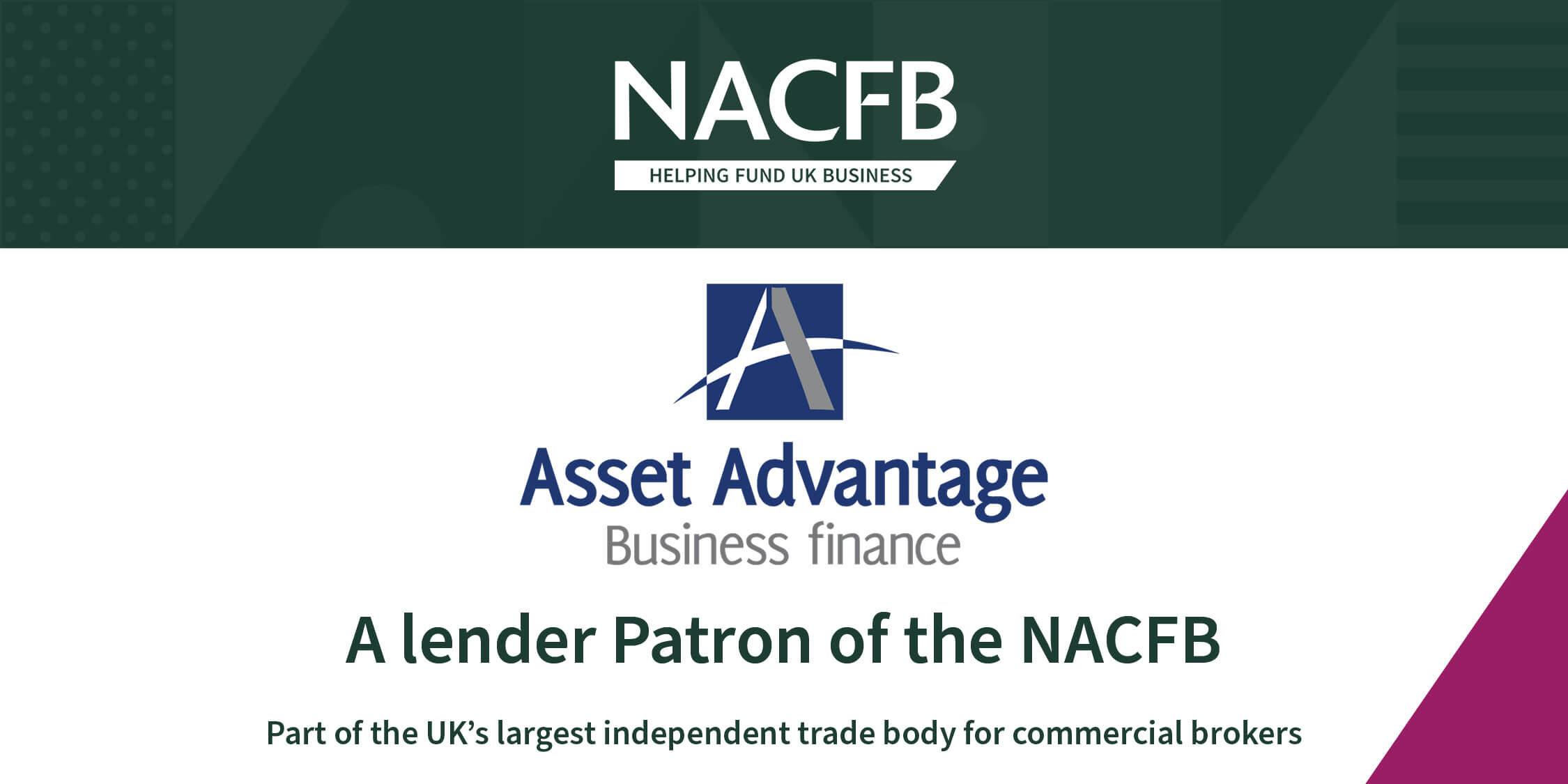
Preparation is everything

10 Tips for creating a knock-out proposal

Brokers value the ‘human side’ of underwriting from funders research shows
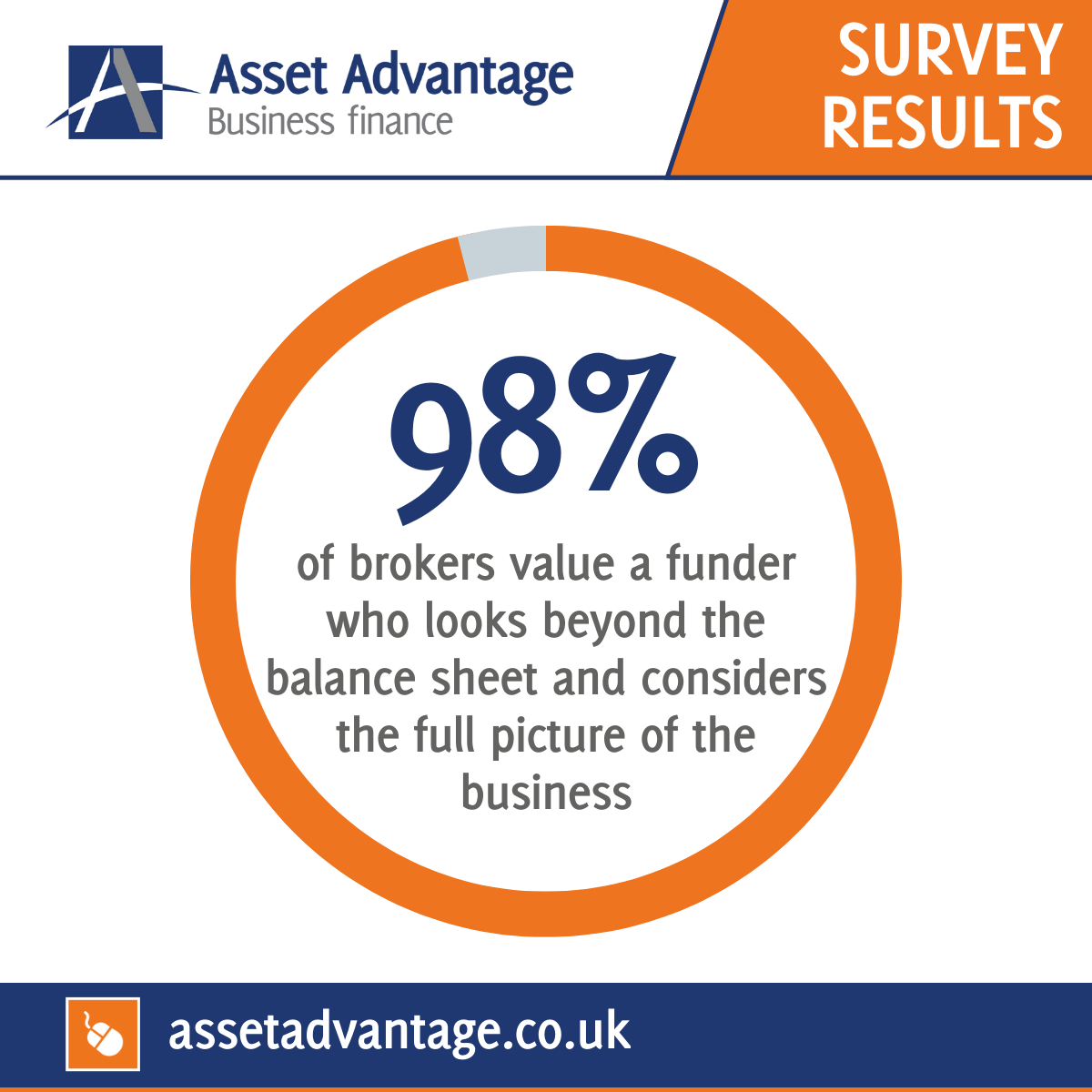
Asset Advantage welcomes Katie Dowse as Business Development Manager
